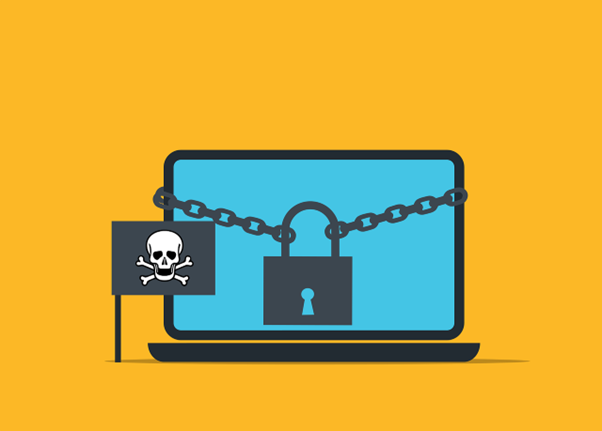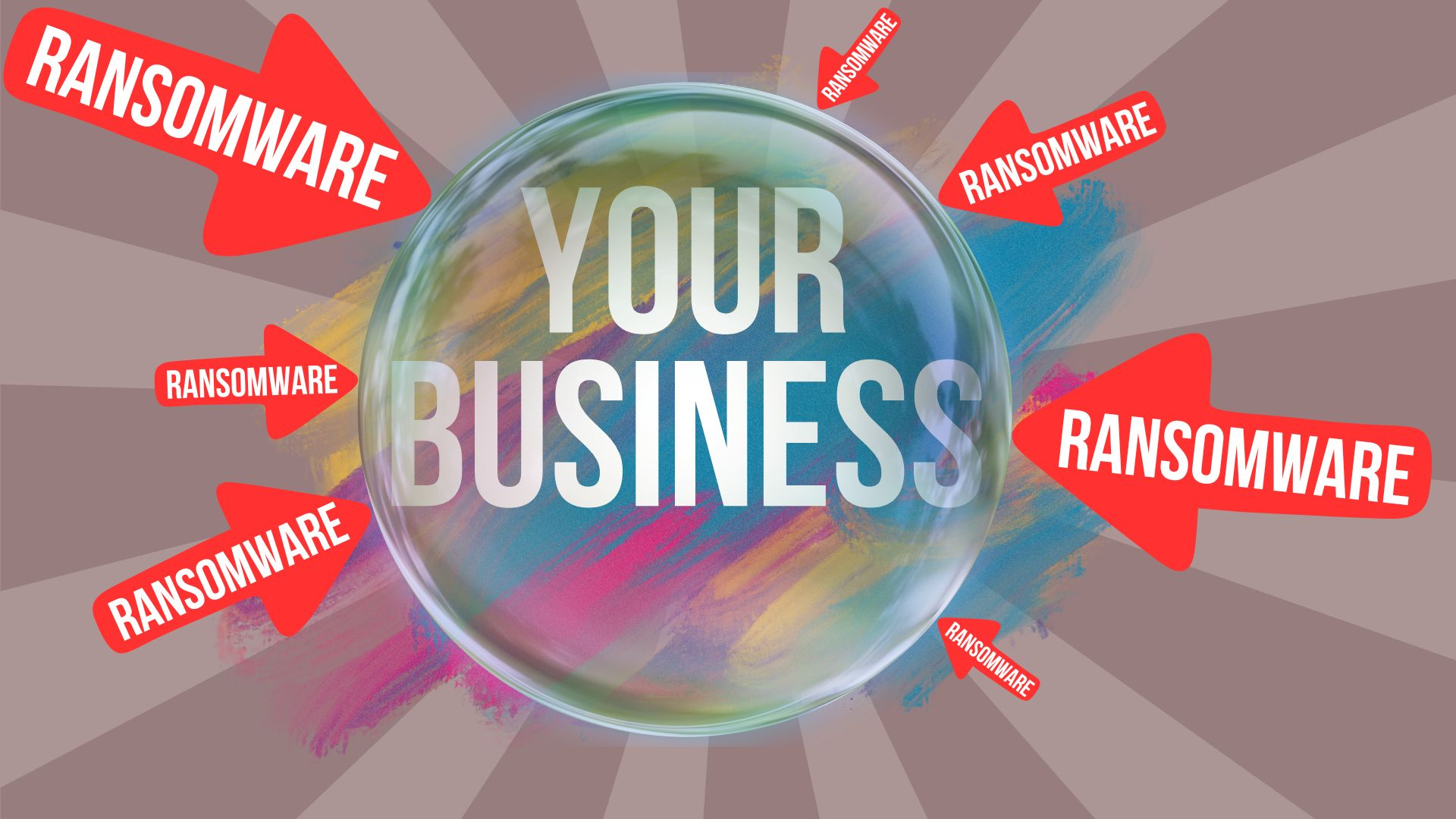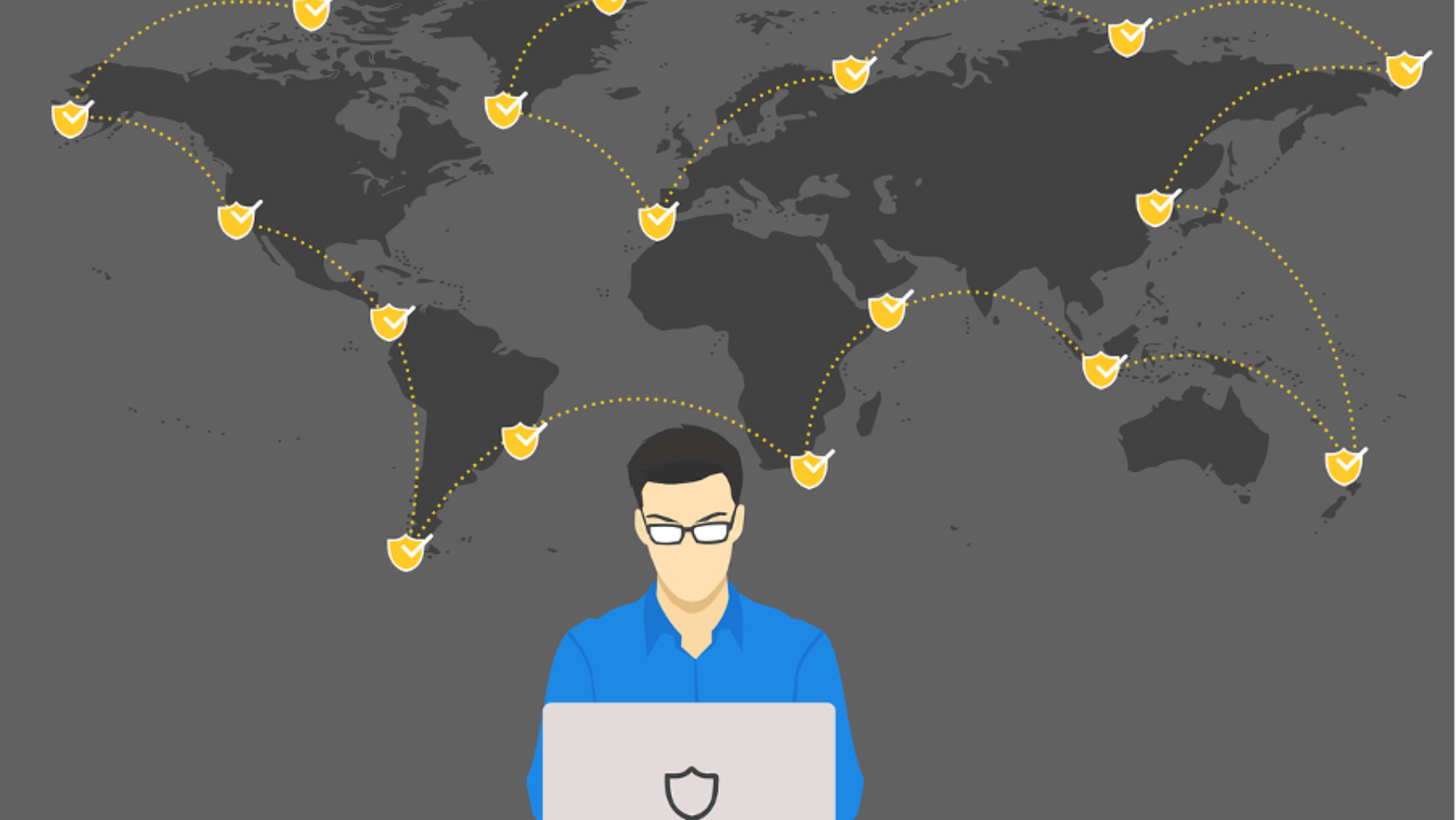Watch Out for Ransomware Pretending to Be a Windows Update
Imagine you’re working away on your PC and see a Windows update prompt. Instead of ignoring it, you take action. After all, you want to keep your...
Ransomware is a growing problem for both individuals and businesses. It can lock up your files and demand money to get them back. In this article, we'll explain what ransomware is, how to protect yourself from it, and what to do if you fall victim to an attack.
Ransomware is a type of harmful software that locks your files and demands payment to unlock them. This can be very frightening and costly, but understanding how it works can help you stay protected.
Ransomware typically arrives through email, malicious websites, or even network connections. Once it gets into your system, it encrypts your files, locking them with a code. You’ll then see a message asking for money to unlock them.
Encryption is a process that uses special codes to protect data. It involves algorithms (rules to solve problems) and keys (like passwords) that unlock the encrypted data. Ransomware uses encryption to keep your files locked until you pay the ransom.
While it’s hard to stop every ransomware attack, there are several steps you can take to lower your risk:
Make sure your computer and programs are always up to date. Software updates often fix vulnerabilities that ransomware can exploit to get into your system.
A strong antivirus program can detect many types of ransomware. Keep your antivirus software enabled and up to date to help protect against attacks.
Don’t open emails from unknown senders. Avoid clicking on suspicious links or downloading files unless you’re sure they are safe.
Regularly back up your important files to an external device or the cloud. That way, if ransomware locks your files, you still have access to backups.
If you think you’ve been attacked by ransomware, don’t panic. Here’s what to do:
Immediately disconnect your computer from the internet. This can help stop the ransomware from spreading further.
Experts advise against paying the ransom. There’s no guarantee that paying will get your files back, and it encourages cybercriminals to continue their attacks.
Notify the police and report the incident to your country’s cybersecurity center. They may be able to help and use the information to prevent future attacks.
If you have backups, you can restore your files from them. This is why it’s so important to back up your data regularly.
Businesses face additional risks from ransomware attacks, but there are steps they can take to stay safe:
Educate your employees about ransomware. Provide examples of what to look out for and how to respond if they suspect an attack.
Not everyone in your organization needs access to all files. Restrict access to important files, which can help prevent ransomware from spreading across the network.
Develop a ransomware response plan and make sure your team is familiar with it. Practicing this plan ensures that you can act quickly to minimize damage.
Ransomware continues to evolve, and it's important to stay informed about the latest threats:
Ransomware is no longer just a threat to computers. Phones and tablets are now also targets, so be cautious when using all your devices.
Some ransomware variants steal your data before locking it, and then threaten to release it unless you pay. This makes the attack even more dangerous.
With more people storing data in the cloud, ransomware is starting to target cloud services as well. Make sure your cloud accounts are secure with strong passwords and two-factor authentication.
Ransomware is a serious threat, but you can protect yourself. Keep your software updated, stay cautious online, and always back up your important files. If you run a business, train your staff and have a clear plan in place. Stay vigilant and be ready.
If you need help protecting yourself from ransomware or have any questions, don’t hesitate to contact us. We're here to assist you!

Imagine you’re working away on your PC and see a Windows update prompt. Instead of ignoring it, you take action. After all, you want to keep your...

Imagine waking up one morning, turning on your computer, and finding that all your important files – everything from customer data to financial...

In 2025, cyber threats are everywhere, lurking in every corner of the digital world. These threats may aim to disrupt your computer, steal sensitive...